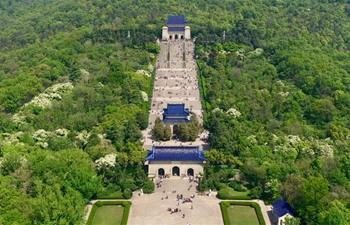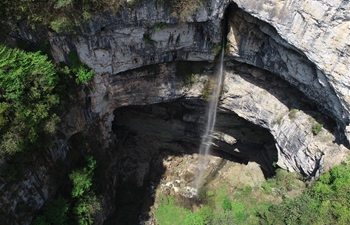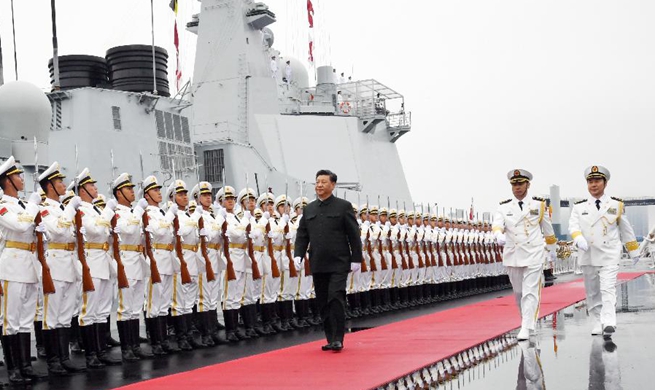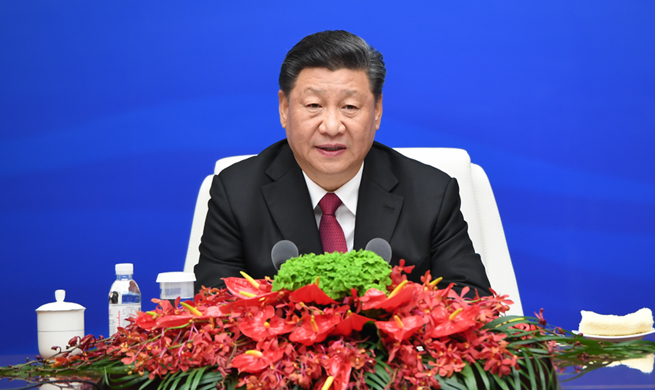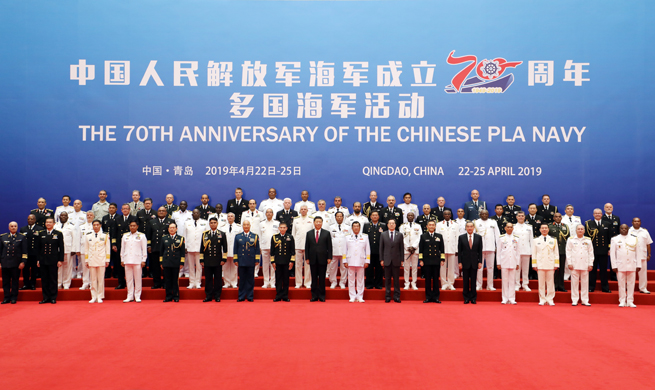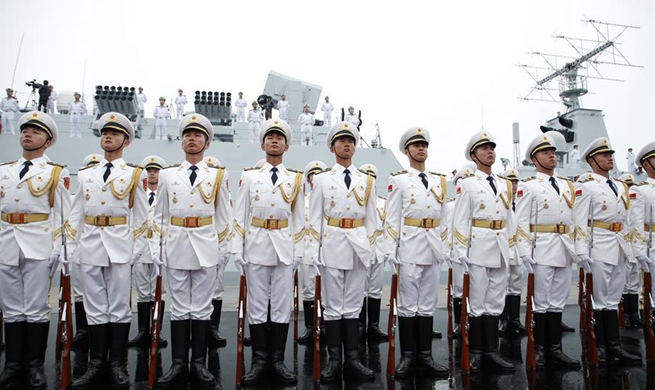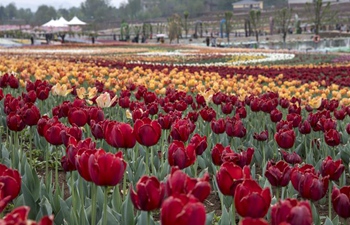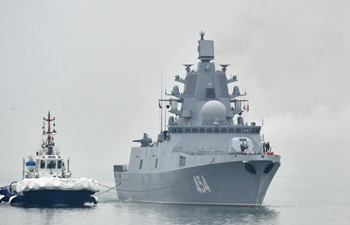BEIJING, April 23 (Xinhua) -- The Belt and Road Initiative (BRI) will breed huge demand for infrastructure development, boost the potential of trade growth and bring prosperity to more economies, according to global shipping giant A.P. Moller-Maersk.
As a world leading company in transport and infrastructure, the Danish conglomerate is following the BRI, which aims to increase connectivity and promotes global trade, with keen interest, said Jens Eskelund, managing director of Maersk China Ltd., in an emailed interview.
"The BRI creates many benefits to all players in the shipping and logistics community," Eskelund said.
In shipping, the BRI will enable the launch of new routes and services, while terminal operators can benefit from investment in new ports overseas, he noted.
Citing China as an example of using infrastructure investment to boost trade and economy, Eskelund believes this success can also be replicated in other parts of the world.
"One of the experiences from China is that when you have the right infrastructure in place, that can add as a powerful stimulant of trade growth and economic growth," he said. "And there is no doubt that there is a very significant need for added infrastructure in Asia and around the world."
As the world's largest container shipping company, Maersk has witnessed China's emergence as "the biggest story for global shipping" since the end of the 1990s, according to Eskelund.
Over the past few years, Maersk has not just provided transport services for the Belt and Road development, but also acted as a partner and co-investor with Chinese firms in many projects under the initiative in countries including Italy, Belgium and Egypt.
"We are pleased to participate in the BRI, and our experience has been quite positive so far," Eskelund said.
Foreseeing growth of demand in rail cargo services between China and Europe under the BRI, Maersk launched its intercontinental rail service in 2014, which now links Chinese cities such as Wuhan, Chongqing, Chengdu, Yiwu and Xi'an with European cities. It has also been providing tailor-made block train services between China and Europe since 2017.
In 2016, the company's terminal arm APM Terminals formed a joint venture with two Chinese enterprises in Italy to operate in the reefer terminal in Vado, the largest refrigerated cargo facility on the Mediterranean Sea. The three parties will also operate a new deep-water container terminal in the same area.
"It is a good start [for Maersk's participation in the Belt and Road development], and there is a significant potential to work together with Chinese companies and partners in other places in the Belt and Road context," Eskelund said.






